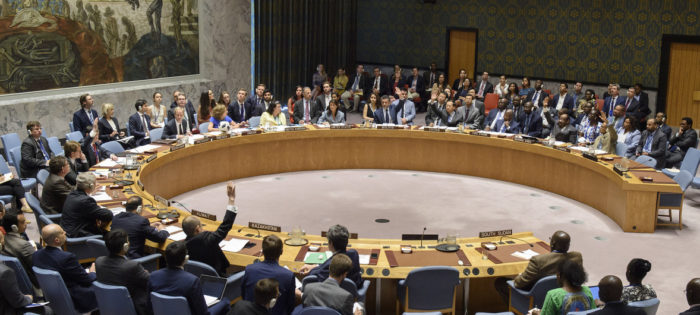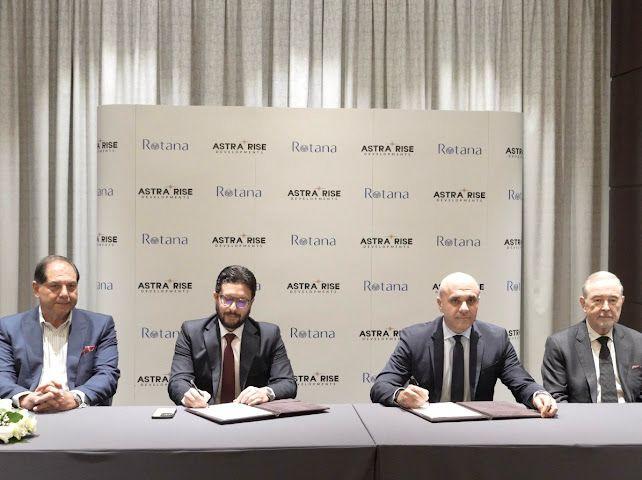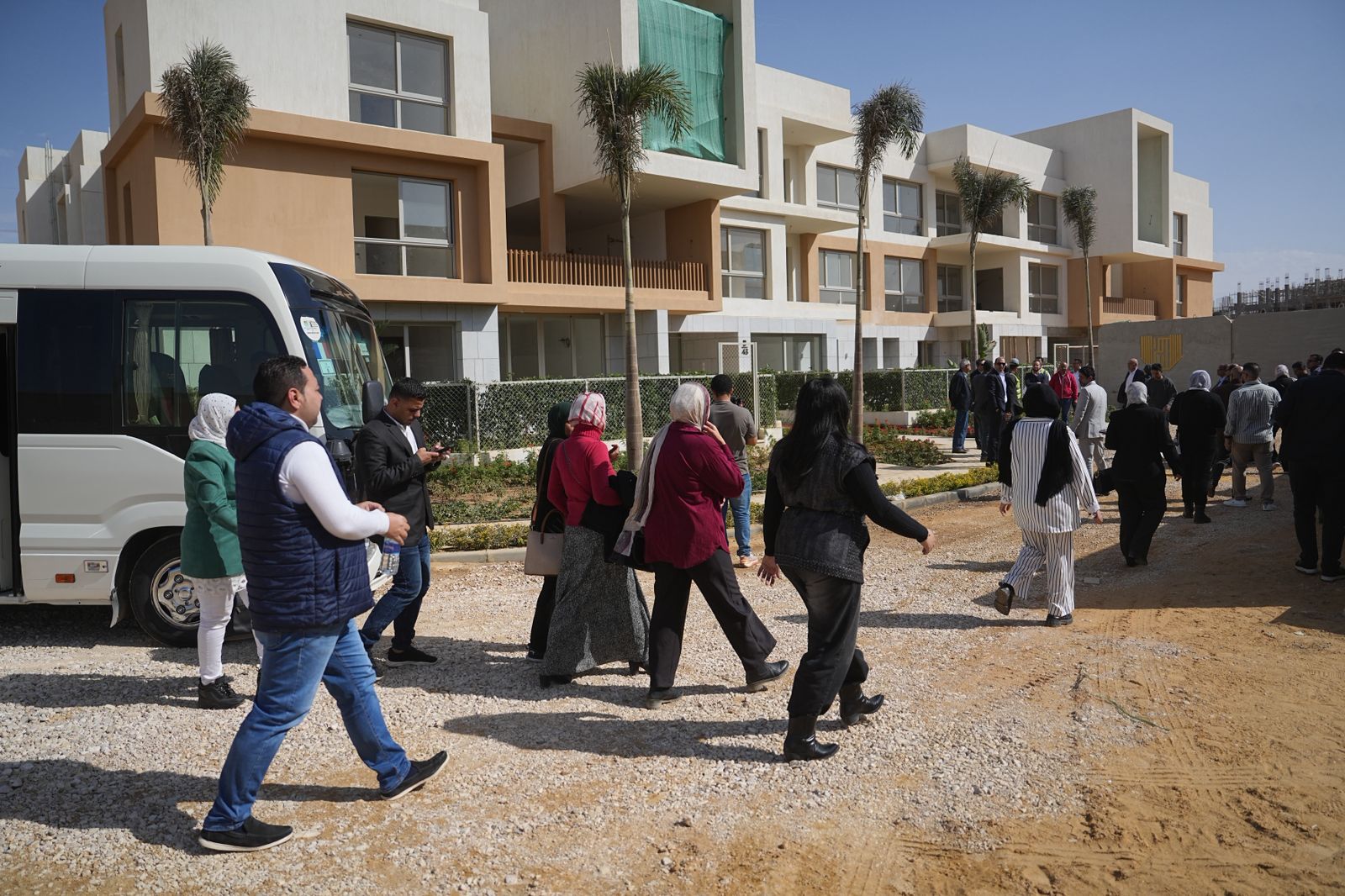Masaader News
Saudi foreign reserves dropped sharply in April for a second consecutive month as the kingdom used tens of billions of dollars to back investments of its sovereign fund abroad while its economy is hit hard by the new coronavirus, according to Reuters.
Saudi Arabia, the world’s largest oil exporter, is suffering from historic price lows and measures to fight the pandemic which have hurt its non-oil economy.
Facing a collapse in oil revenue and a sharp widening of its deficit this year, between March and April it has transferred $40 billion from its foreign reserves to the Public Investment Fund (PIF) to back investments abroad to maximize returns.
Net foreign assets of the Saudi Arabian Monetary Authority (SAMA) dropped to $443.75 billion in April from $464.64 billion in March, according to SAMA data published late on Sunday.
Total reserves assets, which include foreign currency and deposits abroad as well as investment in foreign securities, dropped by nearly $25 billion month-on-month in April.
“Excluding the one-off transactions where part of the reserves were transferred to PIF to utilize the opportunity of investing in international markets under current circumstances, we are not seeing any extraordinary outflows in terms of foreign reserves,” Finance Minister Mohammed al-Jadaan told Reuters.
SAMA’s net foreign assets had dropped by nearly $27 billion month-on-month in March, their fastest rate in at least 20 years.
The reserves depletion coincides with a shift to austerity last month when the country announced a tripling of value added tax (VAT) and the suspension of a cost of living allowance for state employees, in an attempt to shore up its finances.
PIF – the vehicle of choice of Crown Prince Mohammed bin Salman for his plans to transform the kingdom into a high-tech, diversified economy – last month disclosed the acquisition of billions of dollars of stakes in listed companies abroad, including Boeing (BA.N), Citigroup (C.N), and Facebook (FB.O).
“PIF constantly looks for long-term compelling investment opportunities at attractive prices,” a spokesman of the fund said in an emailed statement to Reuters.
“The current market environment presents a number of such opportunities, including in sectors and companies that are well positioned to drive economic growth and value creation moving forward beyond the current crisis.”
The fund, with assets estimated at over $300 billion, said one of its sources of funding included capital injections made by the government.











